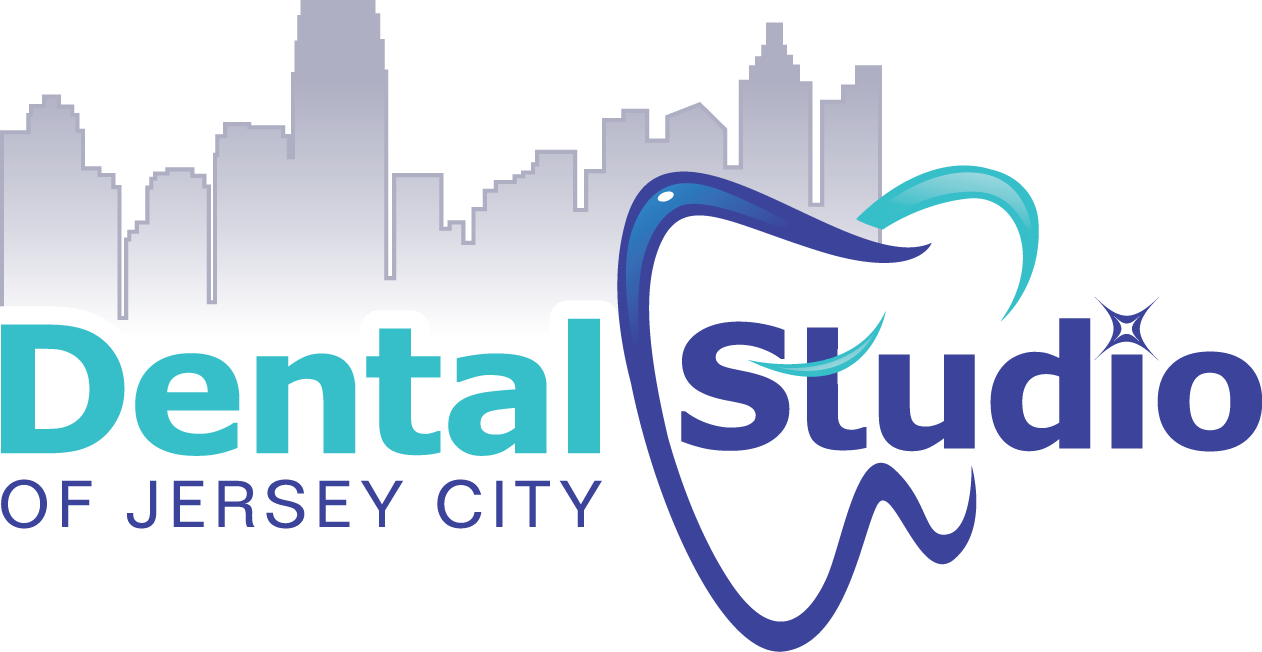DENTAL SERVICES
The Perfect Place for Your Family's Care.
Our mouths are home to millions of bacteria. Many of them are harmless, and some are even beneficial. But some are toxic to our bodies, and the waste they leave behind can cause tooth decay, bleeding gums, and periodontal disease.
Periodontal disease is a chronic gum infection that has no cure and must be continuously managed through frequent professional cleanings and a dedicated home care routine. It is the leading cause of non-accident-related tooth and bone loss.
You may be tempted to ignore or postpone treatment for a small cavity or gingivitis. But, if left untreated, these minor issues can eventually cause pain and tooth loss and end up costing more money to fix than if the problem had been treated when it was small.
Untreated dental issues create a complex cycle of inflammation and infection that might affect more than your gums and mouth. Research continues to uncover the many ways that our oral health affects the overall health of our bodies, including arthritis, heart health, increased risk of stroke, diabetes, and even some types of cancer.
Here are a few tips to help keep your mouth healthy between professional check-ups:
- Brush for at least two minutes, twice a day, and floss at least once a day. An electric toothbrush, proxabrushes, or a Waterpik can help you clean your teeth more thoroughly between professional exams.
- Rinse your toothbrush thoroughly and replace it every three months.
- Drink sugar-heavy liquids through a straw. A straw helps keep sugar from bathing the teeth directly before swallowing.
- Drink water after eating a meal. Water helps clean larger deposits of food from your teeth. Plus, we all could use a little more hydration!
- Get cavities treated immediately. Cavities rarely hurt until they reach a critical stage.
- See your hygienist regularly. The risk of critical dental problems diminishes significantly if you're visiting us twice a year or more, depending on your existing oral health.
Patients that make preventive dentistry an important part of their life typically enjoy fewer dental visits and expenses over time than those who wait for emergencies to develop.

